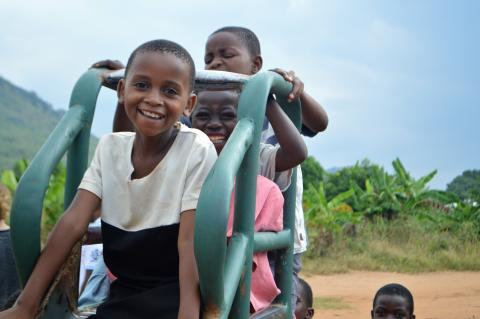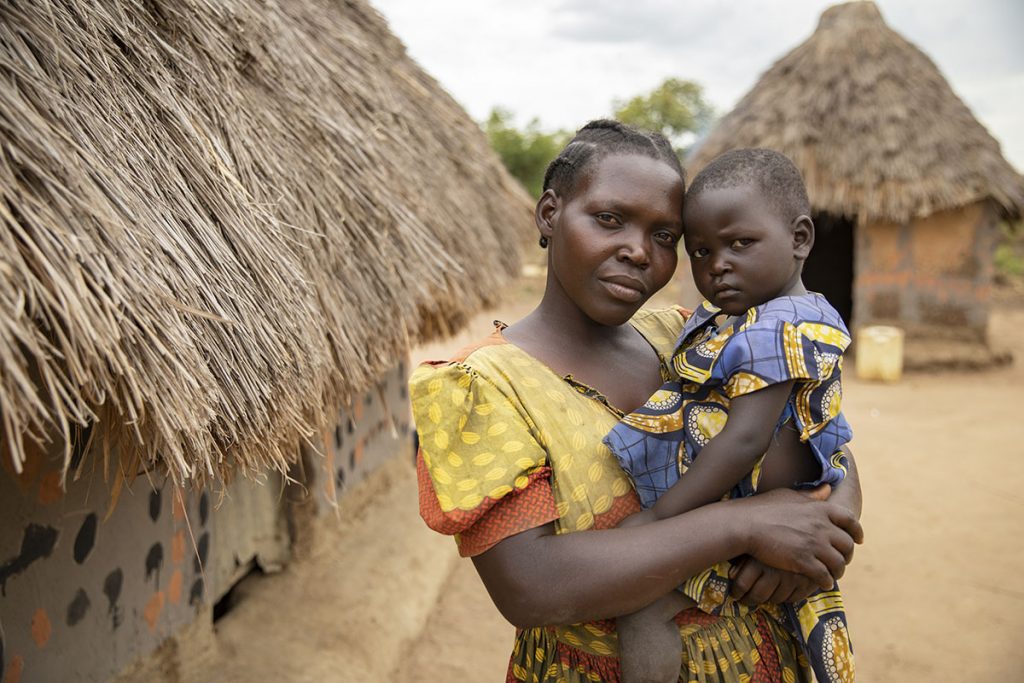Home > What We Do > Child Protection
Child Protection
Future Hope International (FHI) takes a systems approach to prevent violence against children. We empower whole communities to collaborate and create a safe, supportive atmosphere for all children, particularly the most vulnerable. FHI uses a systems approach to address root causes of violence against girls and boys by empowering key actors to work together to create a protective environment that cares for and supports all children, especially the most vulnerable.

Children experience insidious forms of violence, exploitation and abuse. It happens in every country, and in the places children should be most protected – their homes, schools and online. Violence against children can be physical, emotional or sexual. And in many cases, children suffer at the hands of the people they trust.
FHI acts to protect children (persons who are under 18 years of age) by responding to their specific needs and the risks they face. We protect, and campaigns, against all forms of discrimination; prevents and responds to abuse, neglect, violence and exploitation; ensures immediate access to appropriate services; and provides durable solutions in the child’s best interest. Situations of forced displacement and emergency have devastating effects on children’s lives and boys and girls are uniquely vulnerable due to their age and social status.
Of all the things children need to grow up at their potential, one of the most urgent is safety from harm. Yet millions of children the world over still experience abuse, neglect, exploitation and other forms of violence that derail their development. Harm to children can be physical, mental, emotional or sexual. It knows no ethnic, religious or cultural boundaries, and it can happen at the hands of anyone in a child’s life: strangers or teachers, peers or parents.
Research shows that chronic exposure to adverse childhood experiences such as violence can cause the brain to experience toxic stress, disrupting healthy development and causing problems that often persist into adulthood. The good news is that violence against children is completely preventable. At FHI, we’re committed to helping create a world where it no longer exists.

How does FHI work to protect children?
We support families to promote their children’s well-being within safe environments. This means educating caregivers about how to interact with their children in healthy ways, as well as helping bolster families’ socioeconomic stability so they can consistently make choices in their children’s best interests.
We educate communities about children’s need for protection, supporting them to create and sustain child protection committees that know how to respond appropriately to abuse, neglect, exploitation and other forms of violence.
We empower children to understand and embrace their own right to protection, helping them find and raise their voices against violence. We advocate alongside them at the local, national and international levels for policy changes that make protecting children a priority.
We are making progress. In Ghana, we have collaborated with different communities to alter opinions and beliefs about child marriage, female genital mutilation and child labor
As a result, young girls are able to attend school. In cocoa growing areas where we work, we’ve reduced child labor in the cocoa industry.
We are working in Agotime Xiope District with faith leaders and survivors of violence to reduce stigma and change behaviour. This has led to a decrease in violence. Our child protection programmes in the Agotime Xiope District and are reaching children left vulnerable on the streets.
We work to help children out of dangerous situations. We also work with communities to identify the roots of violence that lead to abuse, exploitation, trafficking, and other forms of violence against children.
